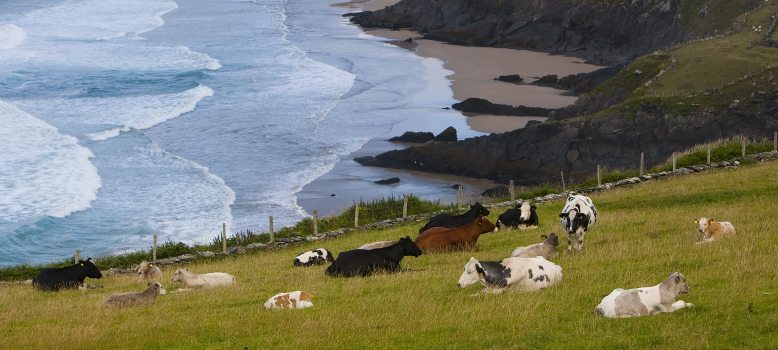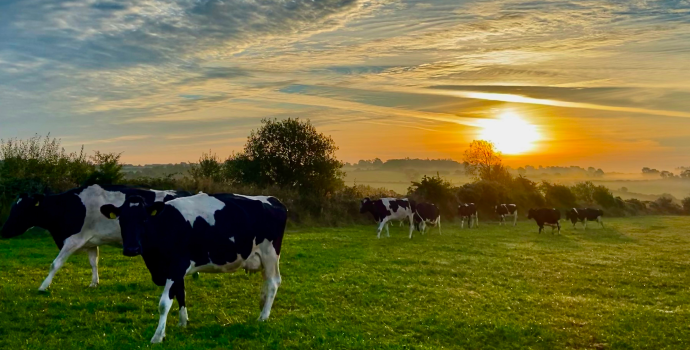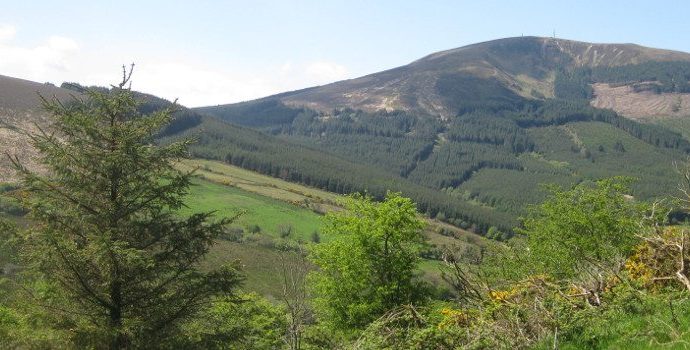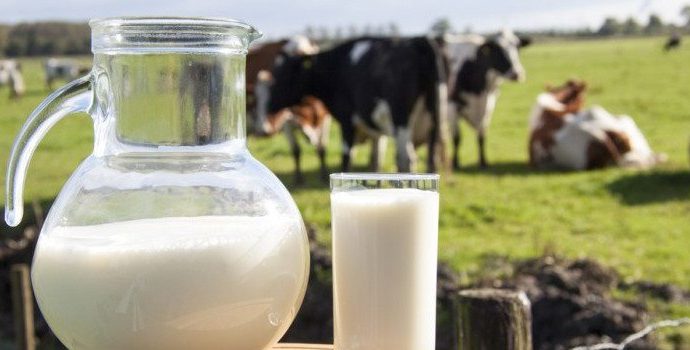Member of Expert Group on Climate Change Lacks Credibility with Call to Replace Irish Beef Herd

IFA President Eddie Downey has questioned the appointment of Alan Matthews to the Expert Group on Climate Change following his proposal to replace the national beef herd with forestry.
He said, “If Alan Matthews is there to put forward views from the farming and food sector, he doesn’t have any credibility. His proposal is illogical as it would actually increase international greenhouse gas emissions and result in thousands of job losses across rural Ireland”.
Eddie Downey said, “Each year over 95,000 farmers across the country produce beef to the highest international environmental and animal welfare standards, which makes a substantial contribution to our €10.5 billion of agri-food exports each year. The recent proposal by former Trinity College Professor Alan Matthews at a climate policy seminar to replace this high value and sustainable beef production with forestry lacks environmental credibility and would result in thousands of job losses across the rural economy”.
IFA Environment and Rural Affairs Chairman Harold Kingston said, “There is increasing global demand for the protein-based foods produced by farmers in Ireland and our grass-based production model ensures that beef and milk output is among the most carbon efficient in the world. Therefore Alan Matthews’ proposal to get rid of beef production in Ireland would actually increase international greenhouse gas emissions as less sustainable regions such as South America would deforest vast areas of Amazonian rainforests to meet this demand”.
Alan Matthews proposal for the beef sector would also have a substantial negative impact on the rural economy, as total income to the sector contributes to a €3.2 billion spend annually in the Irish economy. This would be wiped out and have a devastating impact right across the sector.
In addition, IFA continues its call for a new approach by the European Union and the United Nations IPCC when addressing the climate challenge, which recognises the real concerns regarding food security and water availability.




